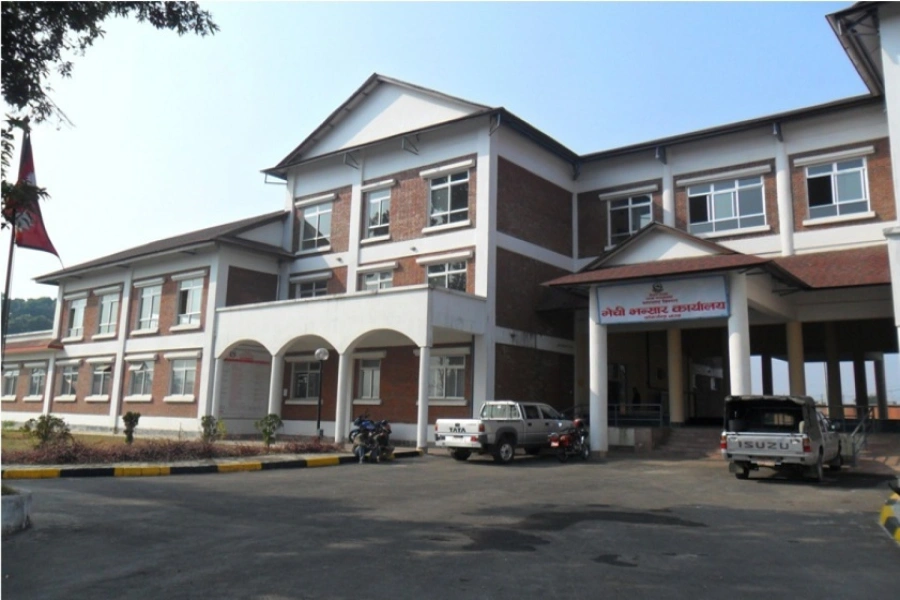ILAM, June 10: Tea farmers of Ilam are finding it difficult to market organic tea produced in their farm for the country lacks facilities for organic certification and accreditation of the cash crop.
As a result, they have to undertake a long and tedious process, which is also expensive, for organic certification of their product.
Sharad Subba, the promoter of Maipokhari Tea Processing Industry, said the organic certification process is more difficult than growing organic tea. “We put lot of efforts to produce organic tea. But the process of getting organic certification is very lengthy and full of hassles,” he said, adding, “It would have been lot easier for us had there been such labs within the country.”
“Our regular clients buy products from us without any hesitation, but new ones do not buy unless we produce organic certification,” he added.
According to local farmers, the organic certification and accreditation process can take as long as three and half years. First, the industry must apply to an international body for certification in coordination with farmers and local cooperatives. They will then have to send sample along with proof that no chemical fertilizers have been used in the farm for a minimum of 36 months. Then the international body sends its team to observe the farm.
The team comes to the farm only after the industry signs a paper, showing consent to bear all expenses of the investors. The team will then submit its report to the international body which will decided whether to certify as an organic product after studying the report.
“The estimated cost for the entire process can range between Rs 200,000 and Rs 300,000. We won't have to go through the tedious process and spend such a huge amount of money if organic certification facility was available here,” Som Sharma of Tinjure Tea Cooperatives told Republica.
Nepali farmers have been taking international accreditation services from National Association for Sustainable Agriculture (NASA) of Australia, International Marketecology Organization (IMO) of Switzerland and Care of Germany. Fed up by the time-consuming and expensive process, they have been demanding that the government transform the Nepal Tea Development Corporation, Sakhejung, Ilam, into an organic certification lab.
“Ilam is the tea capital of Nepal and hence the appropriate place to establish such facility.
We would be glad and feel motivate if the government opens such lab here,” Motiram Dahal, a farmer, said.
Likewise, Nepal also does not have any facility to issue 'health certificate' for Nepali tea.
“What is surprising is that even the Ministry of Agricultural Development and other related bodies do not know what health certificate is,” Kamal Mainali, a tea industrialist, said.
According to farmers, buyers of Qatar ask them to produce 'health certificate' before placing their order.
Himalayan Shangri-la Tea Producers Pvt Ltd, Kanchanjunga Tea Estate and Research Centre, and Gorkha Tea Estate are the main industries that export tea in the global market. Himalayan Shangri-la produced 132 tons of tea last year. Similarly, Gorkha and Kanchanjunga Tea Estate produced 77 and 55 tons of tea, respectively.
Local industries have been exporting organic tea produced in Ilam and Panchthar districts to Europe and the US, among others, for the past five years. As the organic tea fetches good price, many farmers are attract toward organic tea farming. Japan, the US, Czech Republic, Slovakia, France, China, England and Austria are the major buyers of Nepali organic tea.
Nepali movie 'Hori' selected at Torino Film Lab








































